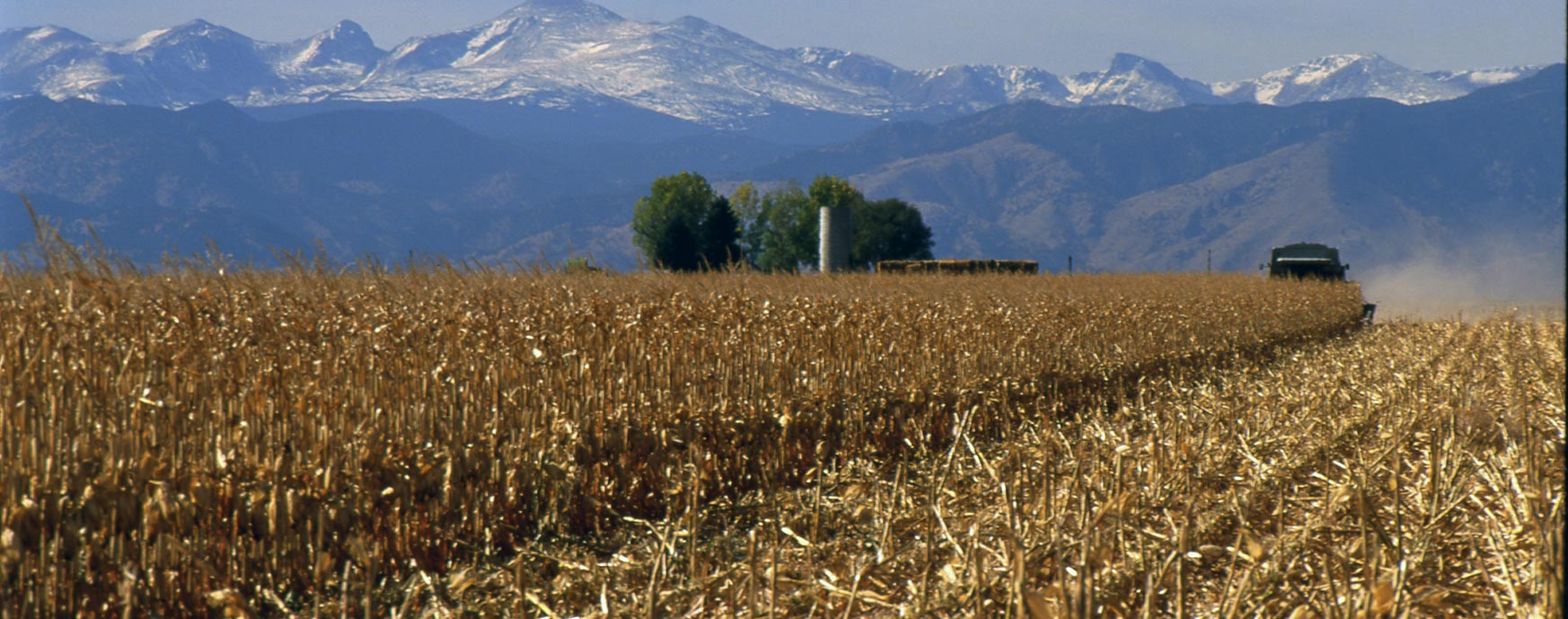Biofuels Basics
Biomass can be converted into liquid fuels, called "biofuels," to help meet transportation fuel needs. The two most common types of biofuels in use today are ethanol and biodiesel.

NREL researchers are developing technology to produce ethanol from the fibrous material (cellulose and hemicellulose) in corn stalks and husks or other agricultural or forestry residues.
Ethanol
Ethanol is an alcohol, the same as in beer and wine (although ethanol used as a fuel is modified to make it undrinkable). It is most commonly made by fermenting any biomass high in carbohydrates through a process similar to beer brewing. Today, ethanol is made from starches and sugars, but NREL scientists are developing technology to allow it to be made from cellulose and hemicellulose, the fibrous material that makes up the bulk of most plant matter.
Ethanol can also be produced by a process called gasification. Gasification systems use high temperatures and a low-oxygen environment to convert biomass into synthesis gas, a mixture of hydrogen and carbon monoxide. The synthesis gas, or "syngas," can then be chemically converted into ethanol and other fuels.
Ethanol is mostly used as a blending agent with gasoline to increase octane and reduce emissions. Some vehicles, called flexible fuel vehicles, are designed to run on E85, an alternative fuel with much higher ethanol content than regular gasoline.
Biodiesel
Biodiesel is made by combining alcohol (usually methanol) with vegetable oil, animal fat, or recycled cooking grease. It can be used as an additive (typically 20%) or in its pure form as an alternative fuel for diesel engines.
Research into the production of liquid transportation fuels from microscopic algae, or microalgae, is reemerging at NREL. These microorganisms use the sun's energy to combine carbon dioxide with water to create biomass more efficiently and rapidly than terrestrial plants. Oil-rich microalgae strains are capable of producing the feedstock for a number of transportation fuels—biodiesel, biodiesel blends, jet fuel, marine fuel, and more.
Additional Resources
Biofuels and Bio-Based Chemicals Research
Biofuels News and Feature Stories
Alternative Fuels Data Center (U.S. Department of Energy)
Biofuels Basics (U.S. Department of Energy)
Energy Kids: Biofuels Basics (U.S. Energy Information Administration)
Share
Last Updated Aug. 27, 2025
